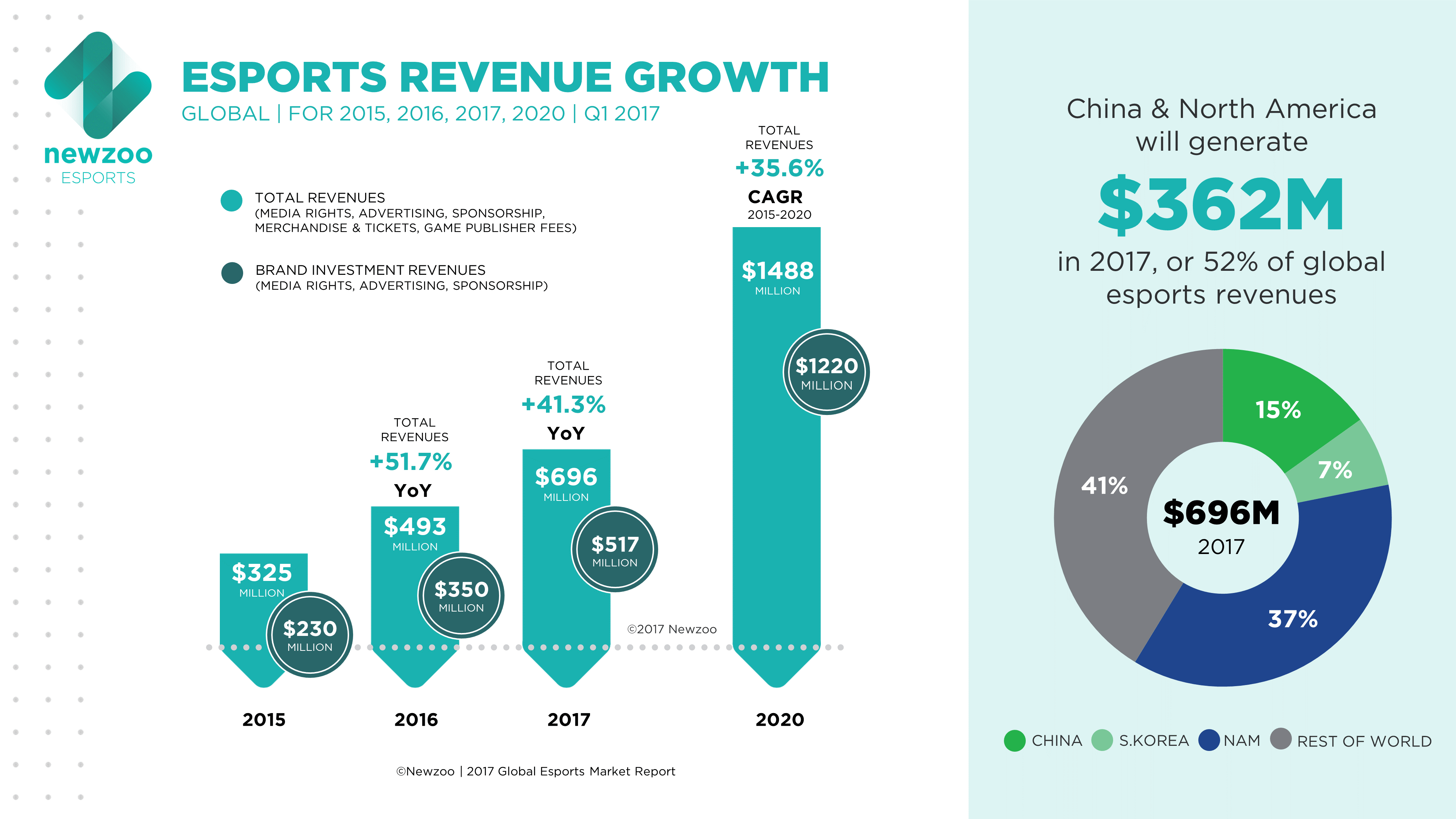3 surprising facts about the gaming industry and why you should start paying attention

What was once a one or two-player experience is now shared widely around the globe
Image: REUTERS/Kai Pfaffenbach
Stay up to date:
The Digital Economy
Interactive gaming has evolved rapidly since the early days of arcade cabinets and Atari systems. What was once a one or two-player experience is now shared widely around the globe.
In 1995 there were 100 million gamers worldwide; today that number has climbed to 2.6 billion. Revenue for the global gaming industry is estimated at $100 billion, with China eclipsing the United States and Japan as the most lucrative market, generating one-quarter of game revenues worldwide.
The gaming industry has “levelled-up” and here is why you should start paying attention:
1. The average US gamer is 35 years old.
It turns out video games aren’t just enjoyed by kids or acne-faced teens in their mother’s basement. In fact, according to a recent report from the Entertainment Software Association, 72% of US gamers are aged 18 or older, with women being 31% of that number. Women aged 18 and older actually represent a significantly greater portion of gamers than boys under the age of 18 (31% versus 18%).

2. More people watch online video game play than major cable networks and subscription entertainment services.
At 665 million strong, these consumers are cutting the cord on traditional cable packages and subscriptions in favour of DIY platforms like YouTube and Amazon’s Twitch.
SuperData, a gaming and technology research firm, estimates that ads and direct consumer spending on game video content will reach $4.6 billion in 2017.

3. eSports (short for Electronic Sports), the name given to professional competitive gaming, will generate nearly $700 million in revenue in 2017.
Extrapolating the current year-on-year growth rate, Newzoo – an eSports and global–gaming market intelligence provider, projects that number will reach $1.49 billion by the year 2020.
These figures may surprise you, but consider the fact that five million more people tuned in to watch last year’s League of Legends world final than watched the NBA championship.
It would seem that they took notice, as the NBA recently inked a deal with NBA 2K publisher Take-Two Interactive Software to launch an eSports league in 2018, built around the popular basketball video game. So far, 17 of the NBA’s 30 teams have signed on to three-year deals at $750,000 each.

Accept our marketing cookies to access this content.
These cookies are currently disabled in your browser.
Don't miss any update on this topic
Create a free account and access your personalized content collection with our latest publications and analyses.
License and Republishing
World Economic Forum articles may be republished in accordance with the Creative Commons Attribution-NonCommercial-NoDerivatives 4.0 International Public License, and in accordance with our Terms of Use.
The views expressed in this article are those of the author alone and not the World Economic Forum.
Related topics:
Forum Stories newsletter
Bringing you weekly curated insights and analysis on the global issues that matter.
More on Industries in DepthSee all
Giorgio Parolini
July 7, 2025
Ibrahim Odeh and Oliver Tsai
July 2, 2025
Erik Crouch
July 1, 2025
Francisco Betti
May 9, 2025






